Book Review: Generation Dread by Britt Wray
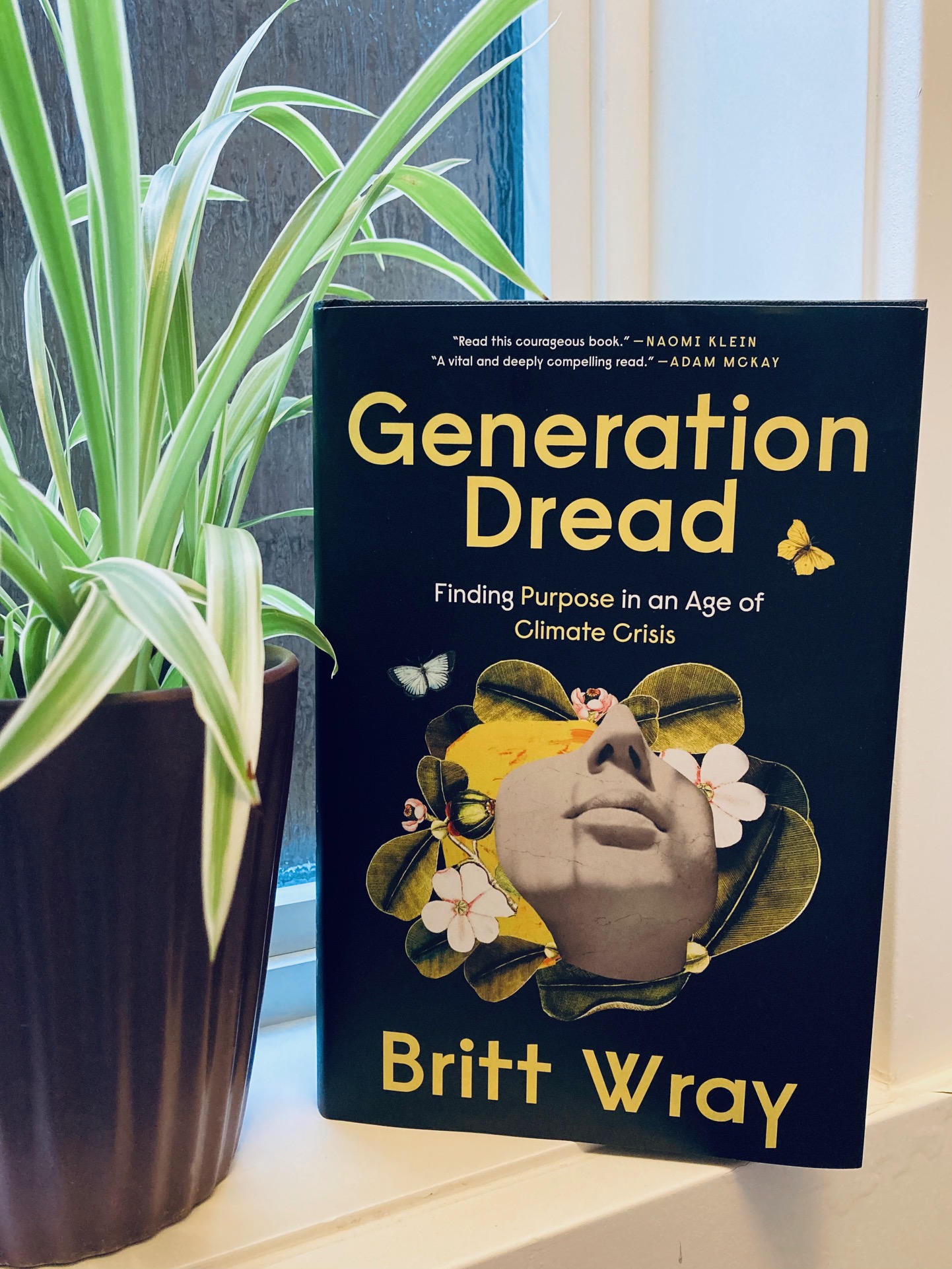
Although the title of this book may seem as though it’s the latest thriller to hit the shelves, it’s actually a lot scarier than that. Generation Dread by Britt Wray is a work of non-fiction, exploring the increasing climate anxiety that many people are experiencing, especially younger generations. Despite some of its dire predictions and references, it does have an element of hope in it; the subtitle is “Finding Purpose in an Age of Climate Crisis”, which this most certainly strives for. I’ll admit to feeling a ramping up of anxiety in the first few chapters when Wray mentions a few terrifying statistics – one of them being that all trees currently living are expected to die off in 40 years – but the writing increases in optimism as you get further through it. If anyone is currently in the throes of their anxiety however, I’m not sure they’ll make it that far through it.
Book Summary
Wray is a researcher on the mental health effects of climate change. At the beginning of the book she is torn between whether or not to have children with her husband. She is fully aware of the current state of our climate, which is bad, and getting worse (putting it lightly), so she’s hesitant to bring a child into a world that will be much harder to live in. She’s also aware of how much having a child increases your carbon footprint (also putting it lightly). While she struggles with her own feelings of dread, she explores ideas of how to turn your own anxiety into a more optimistic view with “binocular vision”, i.e. holding two different truths in mind that work to create a new path forward. She also gives advice on how to speak with others who may be in denial of the crisis, and how to maintain a relationship with that person, even if they don’t understand / are willing to believe what you are so anxious about. Another chapter centers on the generational divide around this topic, and the youth-led movement to make a difference. Her interview with a Ugandan climate activist is particularly poignant, hearing from this young woman exactly how the climate crisis has destroyed her family’s livelihood and the action it has instilled in her since. Luckily the book ends with hope, but it certainly takes a rollercoaster of emotions to reach that point.
My Thoughts
As I mentioned above, the first few chapters of this book fueled my anxiety. Perhaps it’s because I live and work in a city with an economy that relies largely on fossil fuels, but I’m not often in the presence of others who are panicking about the climate. In fact, many people I speak with don’t see it as a looming crisis at all, whether it be because they believe its potential devastation is exaggerated, it’s part of the earth’s natural cycles, or that they’re simply too old for it to really seem like an issue. So when I read a book that includes even a few devastating reports or findings, it makes me realize how much I’ve been able to turn away from the issue. I’ll admit to also relying on the denial tactic, or quite often I feel as though I’m doing enough myself, but as an individual, can I really shoulder the blame when a few big corporations are making up the majority of carbon emissions themselves? Wray includes a helpful diagram that helps you place yourself (and others) on an anxiety scale centered on this issue; whereas one person may not think about it or consider it ‘someone else’s problem’ vs. someone who struggles to get out of bed or hold down a job because ‘we’re all going to die in a climate disaster anyway’. Simply being able to place yourself on a continuum will likely offer some people solace in the feelings they are experiencing.
Wray offers a variety of tactics in turning your anxiety into something helpful, and at the end of each chapter she includes a few bullet points as key takeaways, which summarize her more concrete pieces of advice to rely on. One point I found really interesting is that there a specific directory of “climate-aware mental health professionals” who have been trained specifically in this area, and are not in denial over the seriousness of the issue. The majority of Wray’s advice is internally-focused, that is, her advice is focused on ways you can re-frame your thinking, communicate with others, ask others for help, and relate to people who don’t’ feel the same way you do about the climate. She lightly explores the personal benefits behind activism and joining with others to accomplish environmental wins, but this is definitely a self-help book than anything else.
Ultimately, I really appreciated Wray’s advice on how to re-frame my own thinking and anxiety, and the points she makes could be applied to other forms of anxiety one may experience, so even if you don’t feel nervous about the state of our planet, you may find some benefits to reading this book. However, one side effect of reading this book will likely force you out of any denial bubble you held yourself in when it came to climate change in the first place.

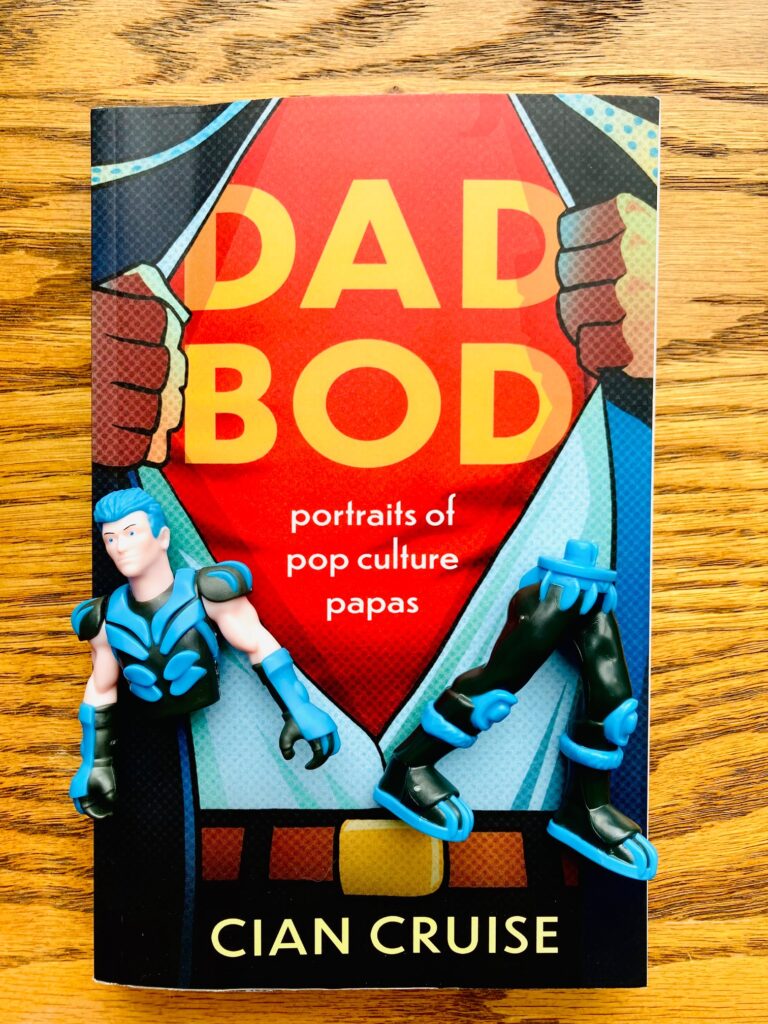
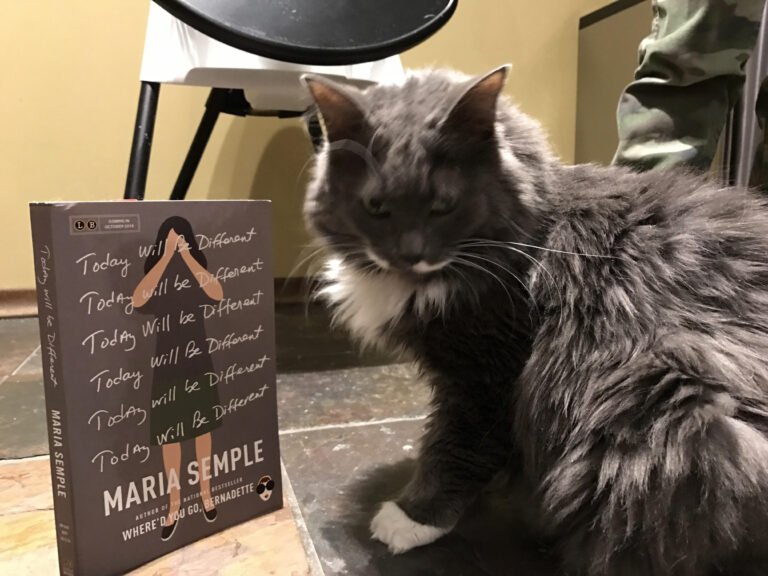
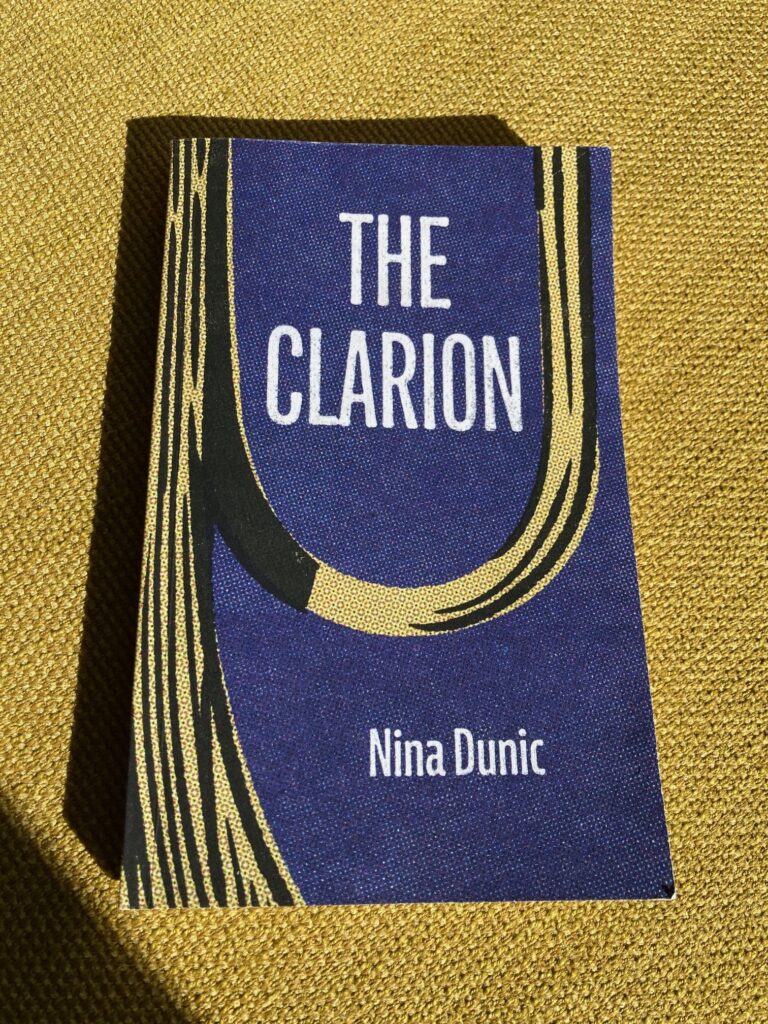
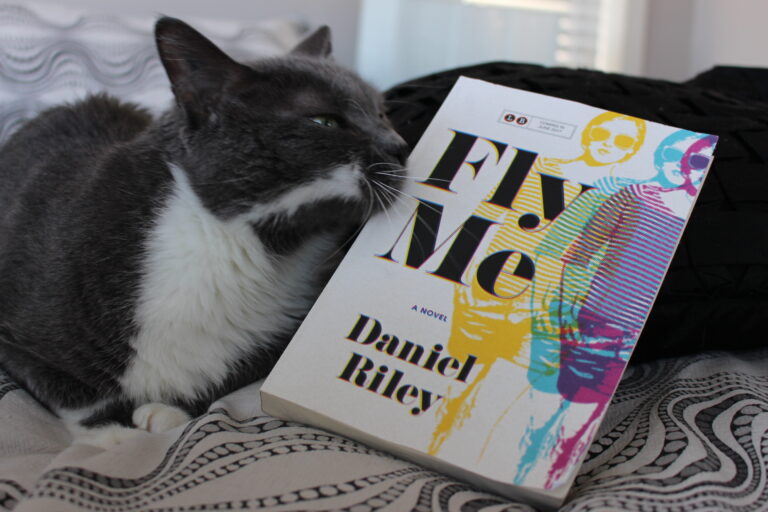

Talking about the Climate Crisis is so hard because on the one hand, I try to make it personal, such as pointing out to my dad that he and his friends and have to go further and further into northern Michigan every year to find a place to snowmobile. But then we’ll have 3 feet of snow, and he thinks, “Ah ha! See! It IS just part of a cycle!” On the other hand, I do as much as I can without feeling overwhelmed to prevent waste and production, by reducing and reusing (and now recycling because my county has decided recycling is a good thing). I don’t buy new clothes, for example. But I’m not panicked (which is surprising) because literally, what else can I do?? That whole no trees thing might be a problem.
We have widespread recyling here in Canada, which is why I always find it shocking to go down to places in the US where people still throw out like..glass bottles. It makes me cringe, but what are people supposed to do if the facilities don’t exist right? And most places around the world don’t recycle, but it’s good that things are improving.
And not buying new clothes is SUCH a good thing for the environment, the fashion industry is very polluting. I’ve really begun loving shopping consignment, we are lucky to have lots of fun used clothing shops here in Calgary but its easier when you live in an urban area for sure.
I’m not sure why, but the Goodwill store near my house has nice brands and (sometimes) new clothes with the tags still on. It’s weird because it’s fairly close to a low-income housing area.